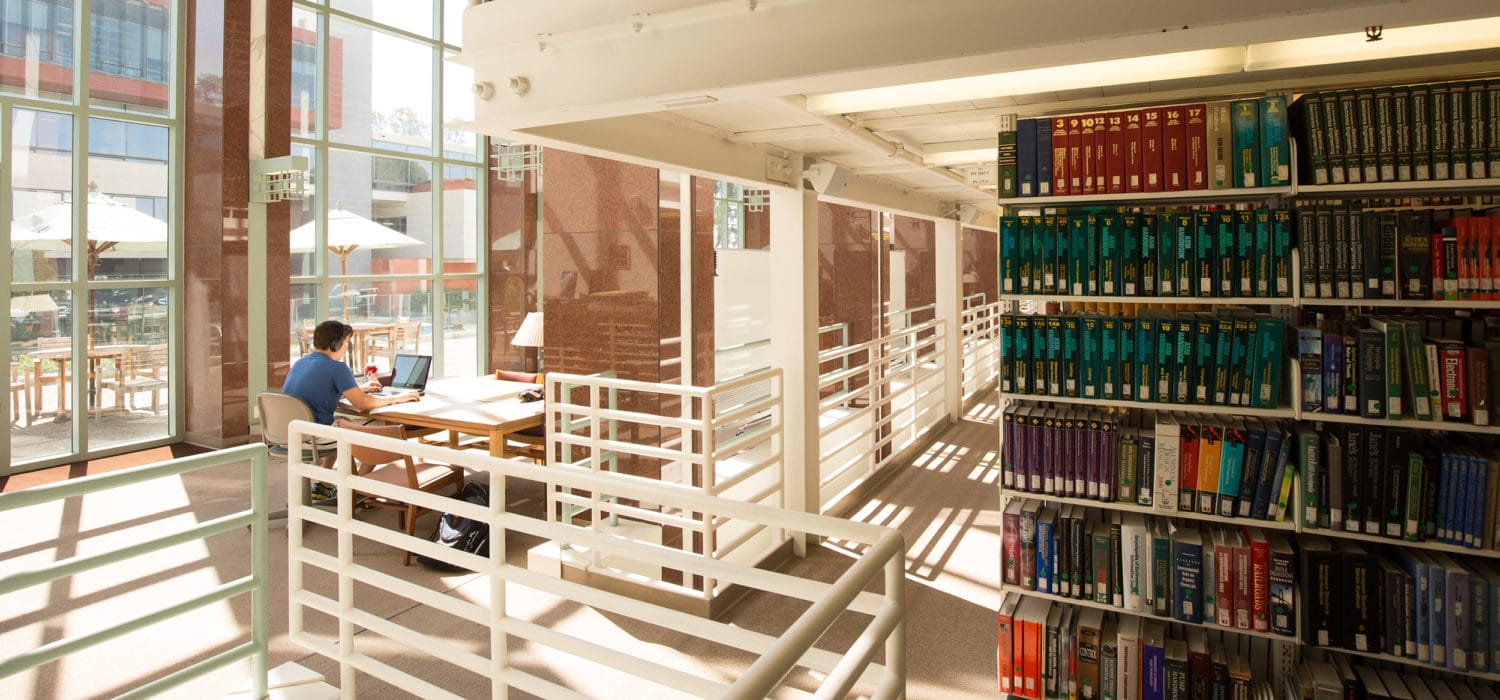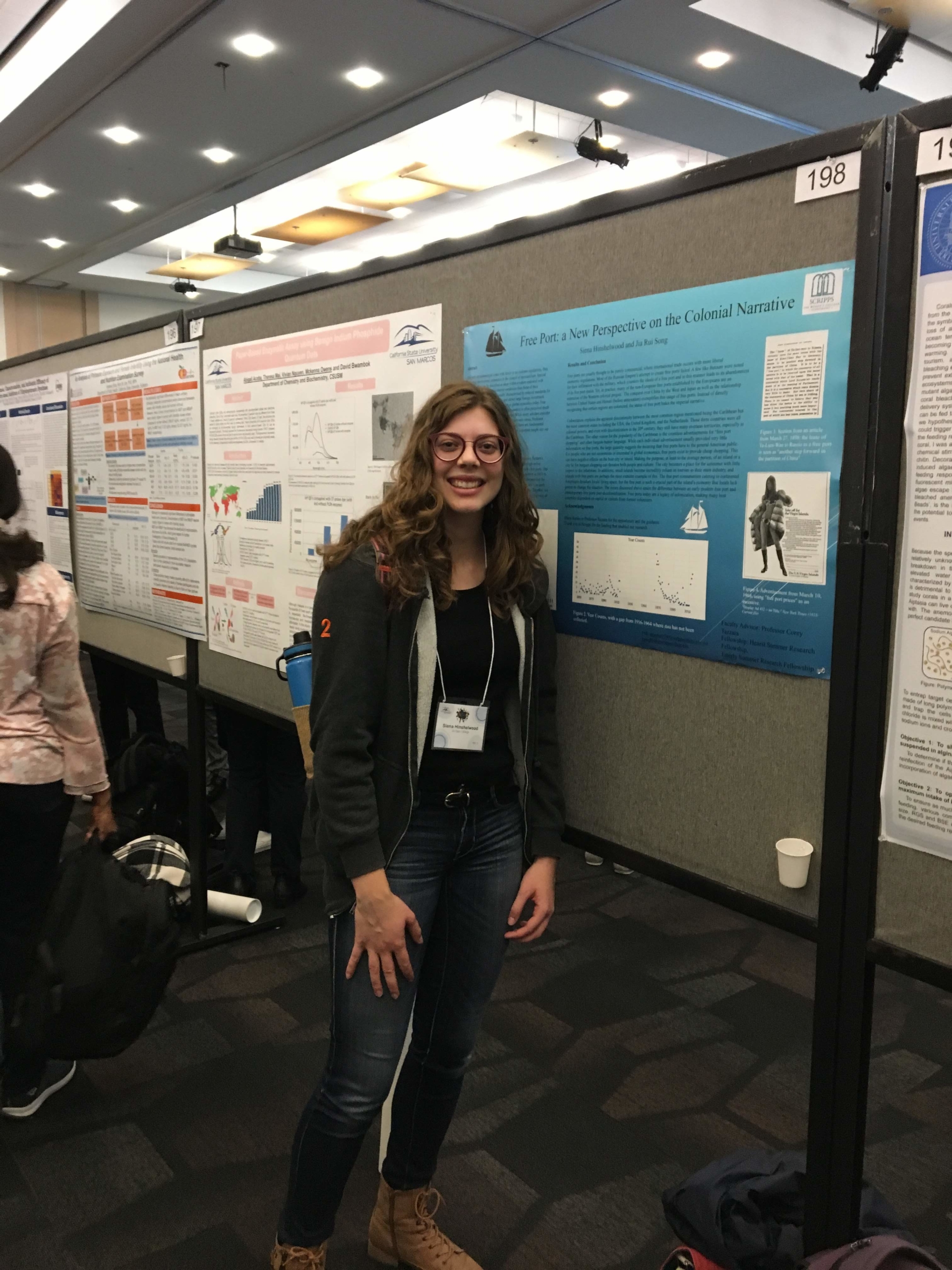Hello everyone!
Something I get asked a lot is what humanities research is like at Scripps. Many people know that STEM majors involve research, but what about humanities majors? Well, as a history major, here is an account of what research is like for me.
First of all, everyone no matter their major will conduct research in some form for their thesis. All of the opportunities we get before then help us gain experience in research and might provide ideas about what we want to do for our thesis.
Second of all, everyone will do some kind of humanities research at Scripps, once again no matter the major. Many classes, including Core 3, involve projects where students are asked to research a topic related to the course content. I’ve had this in my Core 2 class, in an art history class, in most of my history classes, in a government class, and so on. In my Core 3 “History and Memory,” I was researching the democratic transition in Spain in the 1970s. We were tasked with taking some course material and then expanding upon it in whatever direction we wanted. I had read a book about the subject, and then found more scholarly articles and book chapters through our library and compiled more sources and information. Then I wrote my paper. Not every class will have so wide-open a prompt, but the general process is the same: from some idea raised in class, we find supporting scholarship and then write our own argument about it.

This is in the Honnold Mudd Library, where I went to do almost all of my Core 3 research so that I wouldn’t get distracted.
Another way that students typically conduct research is with a faculty member. This could be for thesis or before thesis. (My understanding of thesis is that the research is often more independent, with a faculty advisor helping). Most faculty have some ongoing research project, and they will ask, or students can ask, to be involved. In my case, one of my professors asked me to be a research assistant the summer after my first year. For this, I was doing archival research related to economic history with The New York Times. I was one of several research assistants who were contributing to a database on which we also did some analysis. That database is currently being used to write a paper and I am grateful to still be involved in this process.
That first summer, I was able to get a grant from Scripps Fellowships. Anyone can apply to a fellowship and Scripps awards quite a bit of money every year to support student research. Basically, I was doing research that summer the way some students do internships. I was getting paid, working with my professor, and gaining experience and knowledge about what it is like to work in academia. Because of the fellowship, at the end of the summer I submitted a report on my research to Scripps and I got to present about what I’d been up to at the Scripps Summer Research Tea and the Southern California Undergraduate Research Conference in Fall of 2019.

Here I am at the research conference! It was a great experience to be around so many other undergraduate students from SoCal who had their own work to share.
While research can be hard, I really enjoy this aspect of academics at Scripps. It’s always something of a rabbit hole that I go down when I start research. At the same time, that can make it daunting because there is so much research out there to go through. However, the library and professors offer support and guidance. I always find something unexpected when I research, and often I can bring my knowledge from my own research to discussions in my classes. It always enriches a discussion when a classmate can delve deeper into an issue because they did a research project on it.
I am still nervous for when I start my thesis, but I know that I have quite a bit of experience and skills that I can rely on when the time comes. I hope this has clarified how research at Scripps works! If you have more questions about my research experience, my email is [email protected].
Until next time!

